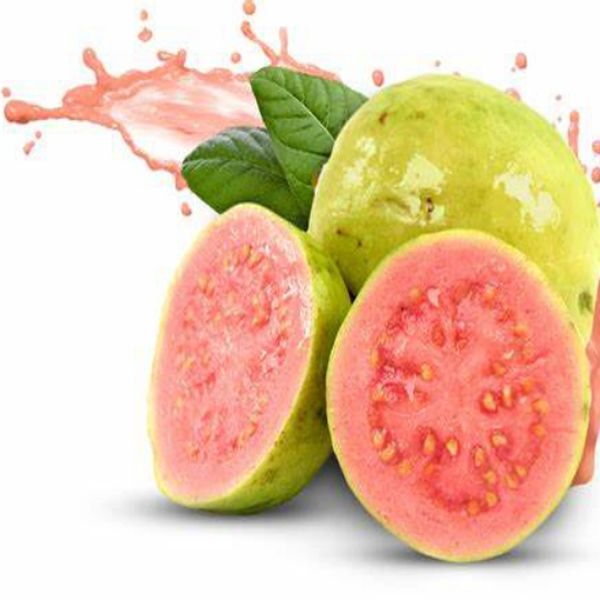Guava is a tree that grows in Central and South America. The fruit is commonly eaten fresh or made into beverages, jams, and other foods. Various parts of the plant, including the leaf and the fruit, are used as medicine.
People use guava leaf for stomach and intestinal conditions, pain, diabetes, and wound healing. The fruit is used for high blood pressure. But there is no good scientific evidence to support any uses of guava.
Guava leaf tea may help prevent spikes in blood sugar and improve symptoms in people with type 2 diabetes.
A 2010 review of evidence from clinical trials and animal studies suggests that guava leaf tea may help improve insulin resistance and lower blood sugar levels.
These benefits may result from compounds in guava leaf extract helping to moderate glucose absorption after a person eats a meal.
Taking supplements containing guava leaf extract may reduce menstrual cramps.
The results of a study from 2007 suggest that taking guava leaf extract supplements may relieve menstrual pain in women with primary dysmenorrhea.
Participants who took 6 milligrams (mg) of the extract each day experienced less menstrual pain than those taking ibuprofen or a placebo.
Guava leaf tea is a traditional remedy for diarrhea in many parts of the world.
Evidence from animal studies suggests that the leaf extract may have the potential to treat infectious diarrhea.
A 2015 study investigated the use of this extract in mice with infectious diarrhea. The infection cleared more quickly in the mice who consumed guava leaf extract than in those who did not. The researchers noted that guava leaf extract shows promise as a treatment for this illness.
Another study from 2015 found that guava leaf extract helped control diarrhea in chickens with Escherichia coli infections.
However, scientists need to carry out more research to confirm these findings in humans.
Drinking guava leaf tea may help people fight off the flu.
In a 2012 test tube study, guava leaf tea showed promise as an antiviral agent for flu treatment. The researchers found that the tea inhibited the growth of the virus that causes the flu.
The antiviral effect of the tea may result from the leaf’s flavanols, which are a natural antioxidant.
Confirming the effects in humans will require further research.
Consuming guava leaf extract may help lower high blood pressure.
A 2016 test tube study found that the extract had an antihypertensive effect in rat tissues, which means that it may have the potential to reduce blood pressure.
This effect may be due to the leaf extract’s antioxidant properties. Antioxidants may lower blood pressure by helping to expand blood vessels.
However, scientists need to carry out more studies to determine whether guava leaf extract can reduce high blood pressure in humans.
Some research in animals suggests that guava leaf extract may benefit people with osteoarthritis.
A 2018 study found that consuming the extract protected against cartilage destruction in rats with induced osteoarthritis. However, researchers have yet to confirm this effect in humans.
Post time: Aug-06-2020
